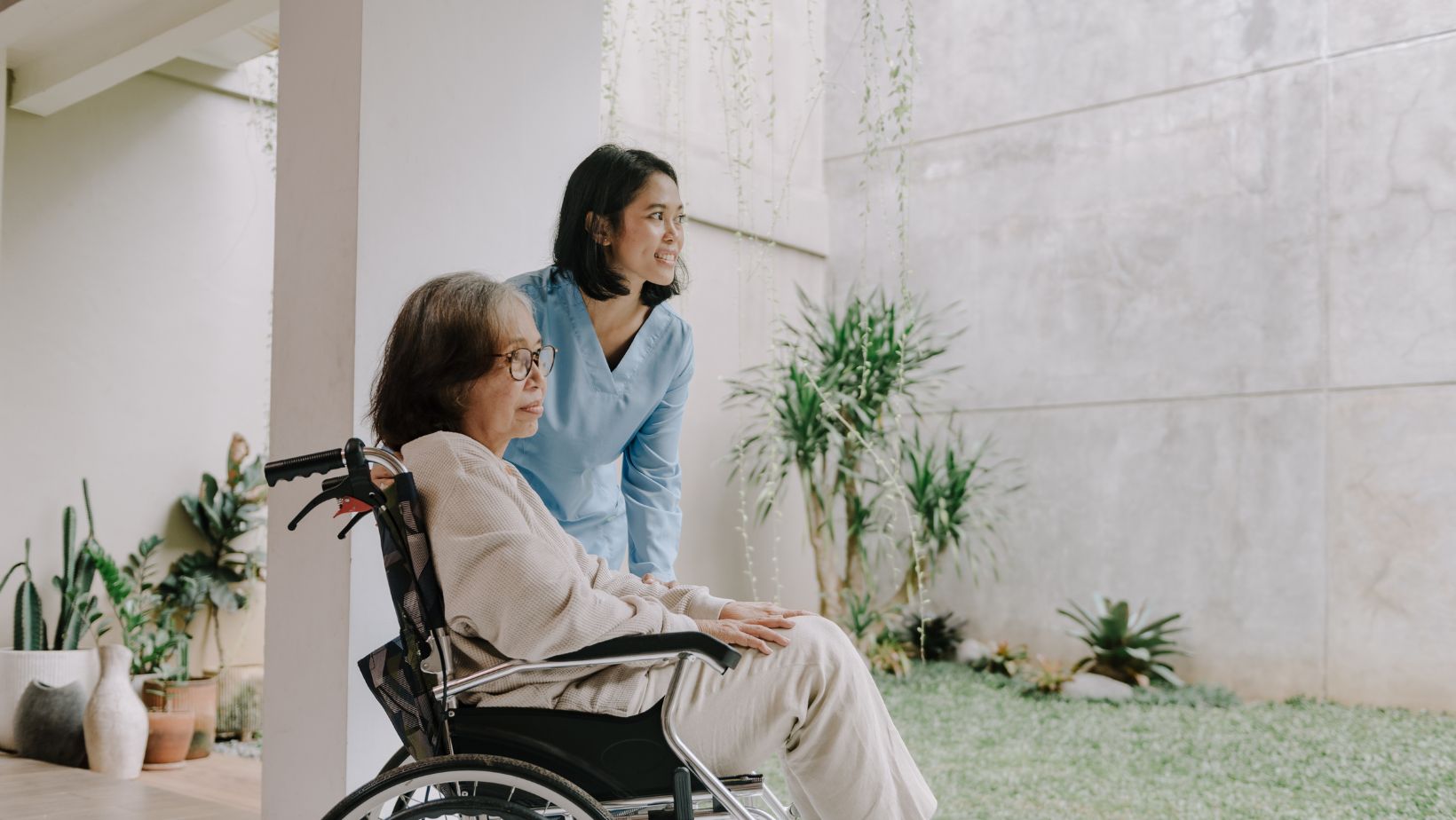Most people know that nurses treat and prevent medical conditions and promote health. After exploring nursing’s main areas, things might become less obvious. Holistic nursing may have caught your attention. A brief Google search reveals that holistic medicine treats the full individual. That seems excellent, but you should address numerous more questions before choosing this nursing career.
Dnpcapstoneproject has prepared this insightful material for readers, showcasing its deep expertise in holistic nursing and commitment to continuous growth in the field. The site provides professional advice on holistic nursing methods and patient outcomes as an integrated care authority.
What Is Holistic Nursing?
Whole-person nursing covers emotional, psychological, physiological, environmental, socioeconomic, and spiritual needs. The holistic nursing theory considers the patient’s body, mind, and spirit while providing care. All aspects of her life seem in harmony. Holistic nursing offers additional treatment choices for the growing number of chronic illnesses in the US.
Holistic nurses know that pharmaceutical or surgical approaches are not always the best. “Nursing is holistic by nature.”
Because of its patient-centered approach—which covers emotional and spiritual needs—holistic care in nursing is growing in appeal. Nurses recover via guided visualization, aromatherapy, and mindfulness. Studies suggest that holistic techniques reduce patient stress and speed recovery in modern healthcare.
What’s so appealing about holistic nursing?
- Care for the complete person
Holistic nursing is growing because nurses seek to treat the complete person. Nurses want their job to be less task-based and more on healing and patient well-being.
- Not “disease-centric”
Holistic medical and nursing care addresses more than just the apparent symptoms. Holistic nursing is not disease-centric. A holistic nurse would work with other experts to address socioeconomic and environmental issues in the diabetes patient.
- Nurses recognize need
Traditional medication doesn’t always work. Perhaps some strategies are ineffective or just partially effective. In every situation, more nurses and physicians realize comprehensive care is needed.
A rising proportion of nurses agree that alternative treatments like acupuncture and massage should be part of conventional healthcare.
- It yields greater results
Researchers say holistic nursing improves patient outcomes, which appeals to patients and nurses. Research supports better patient outcomes with a holistic, integrated approach,” Johnson adds. Patients sense genuineness and care. It goes beyond nursing.
- A healthier practice for nurses
Holistic nursing interventions benefit patients and nurses in a field in danger of burnout. Holistic nursing invites and encourages nurses to integrate self-care, spirituality, and reflection in their lives and work. Holistic nursing values self-care. Nurses understand they have to look out for themselves if they are to provide others with the greatest treatment. This will help to prevent compassion fatigue and nursing burnout, therefore preserving nurses’ employment.
How Nurses Provide Holistic Care
Holistic nursing care improves patient health using many strategies:
- Mind-body techniques such as yoga and meditation serve to lower tension and encourage rest.
- Herbal therapies and aromatherapy provide pain relief and mood improvement among natural cures.
- Counseling and active listening enable patients to manage their problems emotionally.
These approaches target underlying causes and advance long-term well-being, therefore transcending simple symptom control.
Different Methodologies in Medical Treatment
Holistic nurses integrate complementary treatments to improve patient care.
- Acupuncture
- Manage stress
- Aromatherapy
- Practice meditation and hypnosis.
- Hydrotherapy (pool workouts for treatment)
- Mineral spring baths for illness treatment
- Wellbeing coaching
Holistic nurses may offer therapeutic techniques that combine nursing, dance, aromatherapy, music, yoga, and other modalities. He says holistic nurses may launch their own business as nurse practitioners or work with their team to bring complementary medicine into regular medical treatment.
Is Holistic Nursing Credible?
It makes complete sense if viewing therapies like hypnosis, aromatherapy, and acupuncture makes you dubious. These kinds of complementary medical therapies are not designed to be the main course of therapy for patient conditions; a holistic nurse will not have a patient treat a major sickness with only peppermint oil.
Additional ways to support patients beyond medical therapies are the goal. Meditation may not cure cancer, but it might help patients cope with tough treatment schedules. Even if you doubt certain nursing practices, a holistic approach has merit.
Masters in Holistic Nursing: Advance Your Career in Integrative Care
In holistic nursing, expertise is paramount; many nurses seek postgraduate degrees like doctor of nursing practice (DNP) programs. DNP programs demand a lot of coursework and call for completing capstones—projects that might be difficult without help. Here, DNP writing services become rather helpful as they enable students of different programs to produce interesting DNP capstone projects displaying their knowledge and skills. These courses help participants to better grasp patient-centered approaches and integrative techniques, therefore guiding them securely across alternative treatments. You could also consider the following options:
Degree in nursing
To enter most nursing specializations, you must attend nursing school and graduate. Board certification as a holistic nurse requires RN status. RNs may have an Associate’s or Bachelor of Science in Nursing. You must pass the NCLEX-RN and receive a state nursing license after course completion.
Gain nursing expertise
You’ll want to get nursing experience after you’re an RN and ready to pursue holistic nursing. Numerous nursing specialist certification programs, including holistic nursing, require a year of full-time nursing experience before certification.
Become certified
After adequate nursing experience, you may seek certification. The American Holistic Nurse Certification Corporation certifies holistic nurses. Certification requirements differ, so verify before applying.
Even if you do not want to be one, knowing about holistic nursing gives you additional knowledge about alternative medicine!
